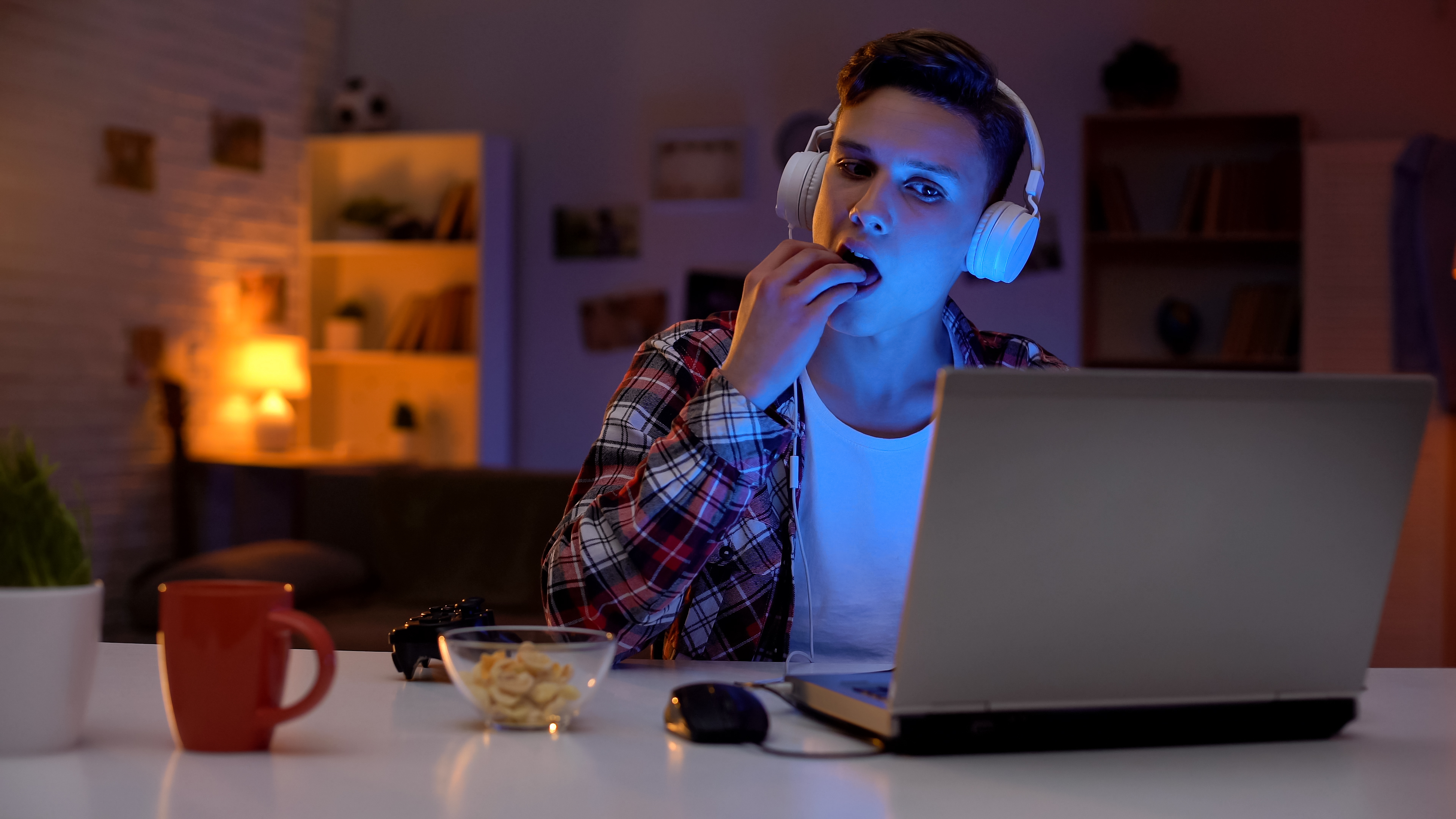With all that’s going on in the world today, should parents worry about how much time their kids spend on screens? After all, most have embarked on distance learning, and screens seem to be their only way to socialize with friends right now.
As time at home is increasing dramatically, parents must be more mindful than ever about how much of that time their kids are spending on screens. Working for eight years with parents who have screen-dependent children has confirmed that any change in routine that results in increased recreational screen time can put that child at risk.
Short-Term Binging Hurts in the Long Run
Extra hours on entertainment screens, even over a short period of time, can throw things off balance and quickly set a new habit. A move to a new town or school, a recovery period from a sports injury, and yes even a quarantine all can spell trouble for kids who love screen entertainment.
If your daughter binges on Snapchat because she craves social interaction, or your son logs extra video game hours for a month, the reward center in the brain will likely get too much stimulation. For most kids, this increased exposure will lead to a craving for more screen replacing time spent on healthy activities. More hours on these virtual platforms lead to more isolation, anxiety, stress, and depression as well as increased exposure to adult content and online predators. If we aren’t careful, the extra hours over a few months could be enough to create an unhealthy habit in our kids that will be difficult to kick later.
Not All Screens Are Created Equal
Technology can be a great tool for learning, working, and even staying in touch with extended family. But recreational screens like video games and social media are very different; their persuasive design makes them hard to put down.
Teens crave novelty, which is why they are so enthralled by interactive video games, continually streaming videos, social media feeds, and stories on their smartphones. But young brains are not developmentally ready to handle the stress, distractions, and temptations that come with these screen activities. Your child won’t get addicted to building a spreadsheet, but he can get addicted to playing his game or overusing social media..
How To Avoid Creating a Screen Dependency
The good news is that parents can prevent problematic screen use whether we are living in a time of normalcy or a pandemic.
Reduce the extra use.
With so many extra hours on school screens, parents can choose to pause video games and social media. If you’ve set screen rules previously, stick to them. You set rules for a reason and those reasons haven’t changed. Kids gravitate toward low-effort/high-reward activities, so downtime has the potential to get wasted on empty screen time. Avoid that pitfall by setting a schedule of daily goals for real life play, reading (from a physical book), and other mindful activities and stick to it.
Rethink the devices.
Your teen no longer needs a smartphone to be in touch with you since you are now in the same location. For social interactions with friends, voice calls and video conferencing will strengthen friendships more than social media and gaming. Your goal should be to increase the benefits and lower the risks. Thank goodness that screens are not the only option for filling downtime; our kids deserve more than hours of screen isolation to fill their days.
Reclaim your child.
Now is a time to focus on life skills, learn new hobbies, exercise, and have fun! This is an opportunity for kids to engage in activities they might not otherwise have time for. Let your kids cook, clean, paint, learn an instrument on YouTube, read novels, and take bike rides. Important skills and habits can be developed during the quarantine if we help our kids organize their day and steer them away from getting lost in the virtual world.
Reconnect your family.
Use this gift of time together to make lasting memories by prioritizing family time over screen time. Spend more time talking, telling stories, working together on life skills and playing. Spend less time giving in to the temptation of personal screen entertainment.
Is more screen time the answer? Not when you understand that it can trigger bad habits that will stay with them when the quarantine is over. Don’t let one crisis create another crisis. Let’s show our kids how to practice trading recreational screen time for so much more, learning new things, reading new books, exploring new activities and talking with you more when they help out with dinner. Let’s use this time wisely and discover new ways to draw our family closer together, instead of pushing it further apart!
Follow us here and subscribe here for all the latest news on how you can keep Thriving.
Stay up to date or catch-up on all our podcasts with Arianna Huffington here.


